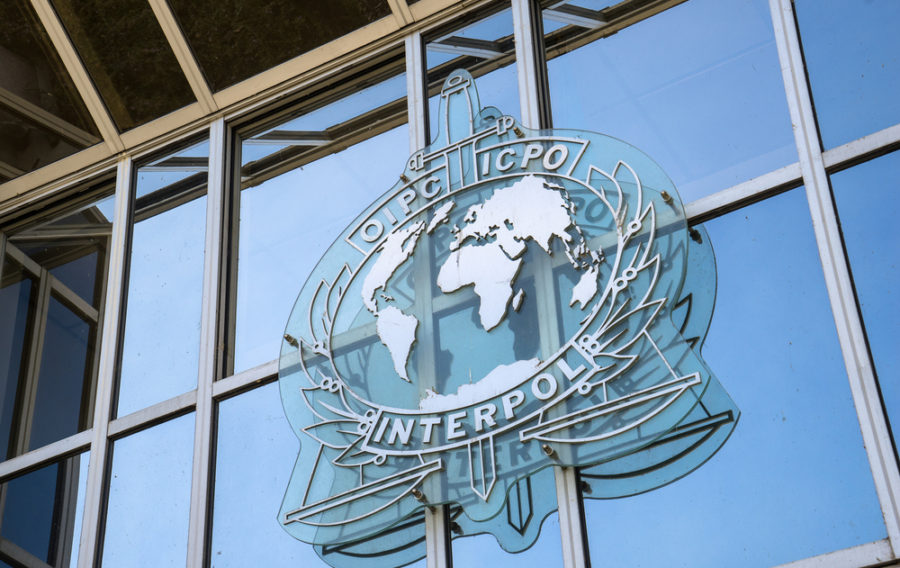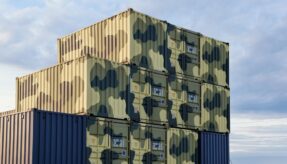
Speaking recently at an international ministerial meeting in Bali – Countering the Cross-Border Movement of Terrorism – Secretary General Jürgen Stock, Head of Interpol, shared the organisation’s plans to expand its frontline operational support.
INTERPOL plans to do this by establishing regional counter-terrorism structures attuned to the threat landscape. This support would come in addition to Interpol’s existing work in its Bangkok office and in the Interpol Global Complex for Innovation (IGCI) in Singapore.
The Bali meeting heard that counter-terrorism efforts also require long-term investment into establishing the sustainable infrastructure to access information, as well as building the right police skills and capacity at the front lines.
In July Interpol joined the Global Coalition to Counter ISIL, bolstering efforts against the flow of Foreign Terrorist Fighters (FTFs) and Da’esh financing.
With international police investigations relying on up-to-date global data and greater access to Interpol’s criminal databases, more information is required to help identify potential links to terrorism via its databases.
Mr Stock said effective information sharing, capacity building and regional structures underpin the global response to terrorism, bolstered by Interpol’s unique global reach.
Interpol currently holds nearly 8,000 FTF records, accessible in real time at the front lines, contributed by some 60 member countries. It is also exploiting thousands of additional records for analytical purposes.
Secretary General Stock said: “Across the world, attacks are becoming less predictable. Soft targets dominate the picture, and radicalisation cycles are shortening. This requires faster decisions at the front lines and at borders.”
Image: © Huang Zheng/Shutterstock.com
If you would like to join our community and read more articles like this then please click here








